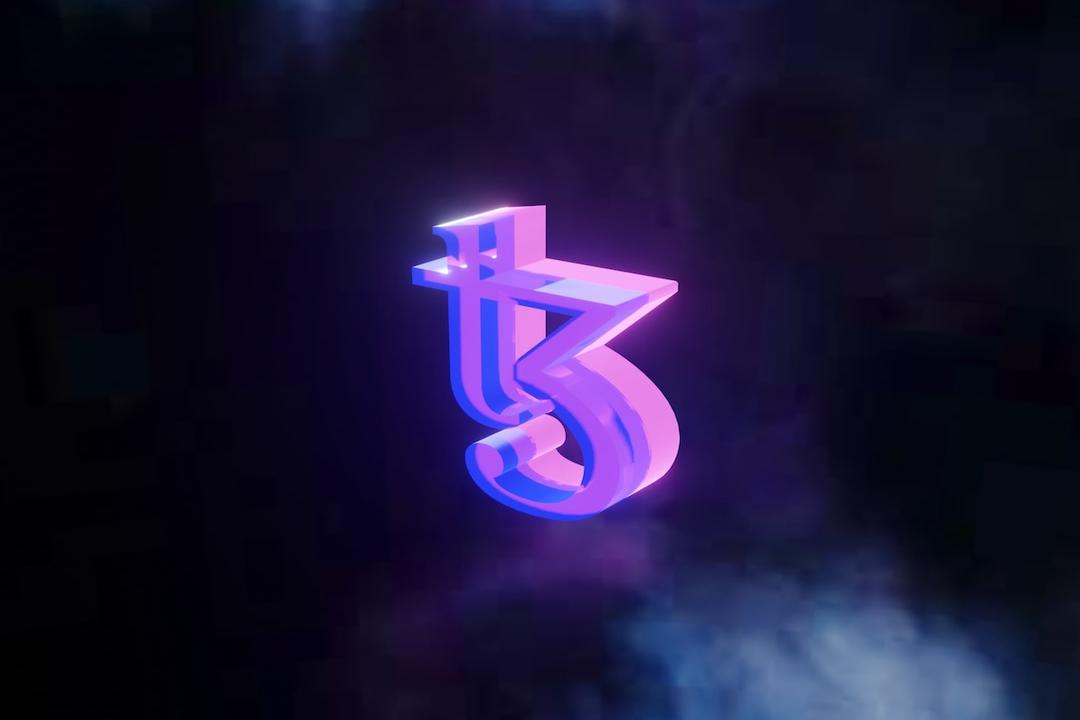Iraq’s Deputy Prime Minister, Muhammad Ali Tamim, recently co-hosted a meeting with U.S. Secretary of State Antony Blinken to discuss the future partnership between the two countries. During the meeting, Deputy Prime Minister Tamim expressed Iraq’s goal of decreasing its reliance on fossil fuels, reducing pollution, and forming new partnerships to develop and utilize technology to capture flare gas, a harmful byproduct of the oil industry. This statement has led some in the crypto community to speculate that Iraq may enter the Bitcoin mining sector.
When crude oil is extracted and processed, excess gas is produced and pressurizes the equipment. This “waste gas” is usually either converted into something useful, such as electricity, or released into the atmosphere. Due to the remote locations of many of Iraq’s oil fields, it has been economically impractical to convert the flare gas, resulting in significant pollution.
Iraq’s Rumaila oil field is the largest producer of toxic flare gas globally. However, efforts are underway to capture and repurpose up to 60% of this gas, with the aim of completely eliminating gas flaring in the country by 2027.
Bitcoin mining has utilized various energy sources, including nuclear power and unconventional methods. Giga, a Texas-based Bitcoin mining company, uses flare gas from local oil fields to power their portable mining rigs and has been earning millions in profits since 2021.
In Iraq, converting 100% of the flare gas pollutants into usable electricity presents a significant challenge due to the country’s massive production of flare gas. However, Iraq currently needs to balance its domestic energy demands with its foreign debt. While adding electricity to the grid can alleviate the nation’s burdens, using a portion of that electricity for Bitcoin mining could have an even more positive impact.
Another potential application for the energy generated from captured flare gas is in the realm of carbon credits. Iraq could not only reduce its carbon footprint by capturing flare gas but also participate in the international market by selling carbon credits through blockchain technology. This would provide irrefutable evidence of Iraq’s efforts and potentially generate temporary revenue as the country aims to reduce its reliance on fossil fuels.

